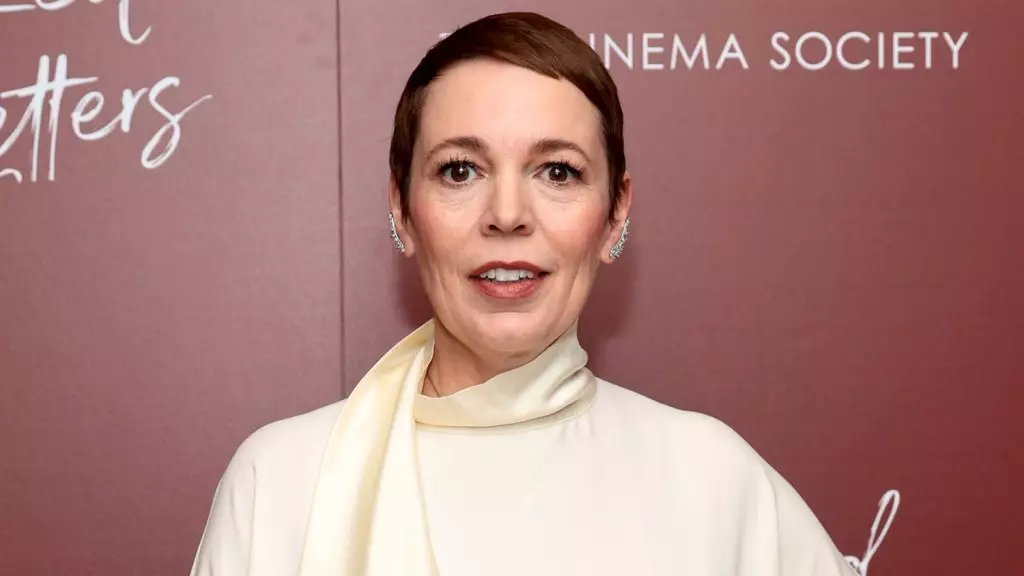Olivia Colman recently spoke out about the gender pay gap in Hollywood, shedding light on the fact that she would be making significantly more money if she were a man. During an interview on CNN’s The Amanpour Hour, Colman highlighted the inequalities in pay that she has personally experienced in the film and TV industry. She expressed her frustration with the common argument that male actors draw in larger audiences, therefore justifying higher pay. Despite her numerous accolades and successful projects, such as “The Favorite” and “The Crown,” Colman admitted that she is well aware of the pay disparity she faces as a woman in the industry.
Colman’s candid discussion about pay disparity echoes the sentiments of other Hollywood stars who have also spoken out against unequal wages. For instance, Taraji P. Henson has been vocal about the industry’s undervaluing of Black actresses. While promoting “The Color Purple,” Henson revealed that she considered quitting the industry due to being consistently underpaid for her work. She expressed frustration at having to work tirelessly and still receiving only a fraction of what her male counterparts earn. Henson’s remarks shed light on the systemic issues of inequality that permeate the entertainment industry.
Colman and Henson’s accounts of pay discrimination serve as a reminder of the ongoing battle for gender and racial equity in Hollywood. Their willingness to speak out against injustice is a crucial step towards creating a more inclusive and fair industry. By bringing attention to the disparities they face, these actresses are challenging the status quo and pushing for meaningful change. It is essential for industry leaders to listen to these voices and take concrete actions to address and rectify the pervasive issue of pay inequality.
In order to truly transform the entertainment industry and make it a more equitable space for all actors, concerted efforts must be made to break the cycle of discrimination. This includes implementing fair pay practices, promoting diversity in casting and storytelling, and fostering a culture of respect and inclusivity. By amplifying the voices of those affected by pay disparity, such as Colman and Henson, the industry can move towards a more just and representative future. It is imperative for all stakeholders to prioritize equity and fairness in order to create a truly inclusive and sustainable entertainment landscape.


Leave a Reply